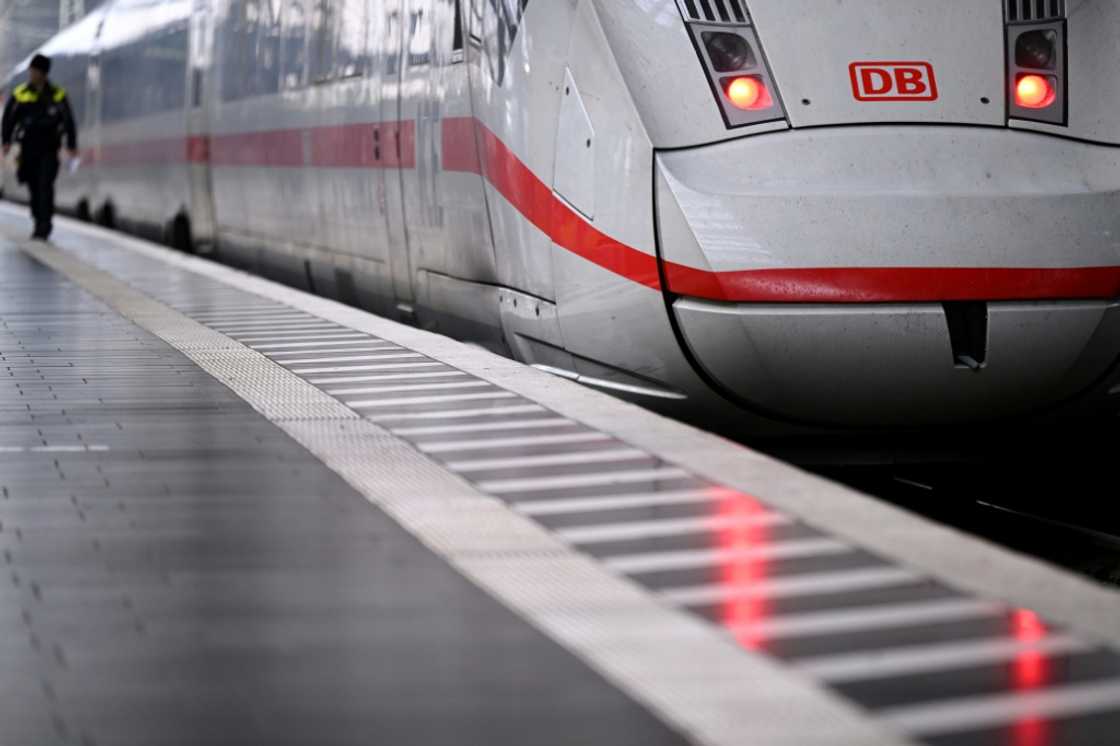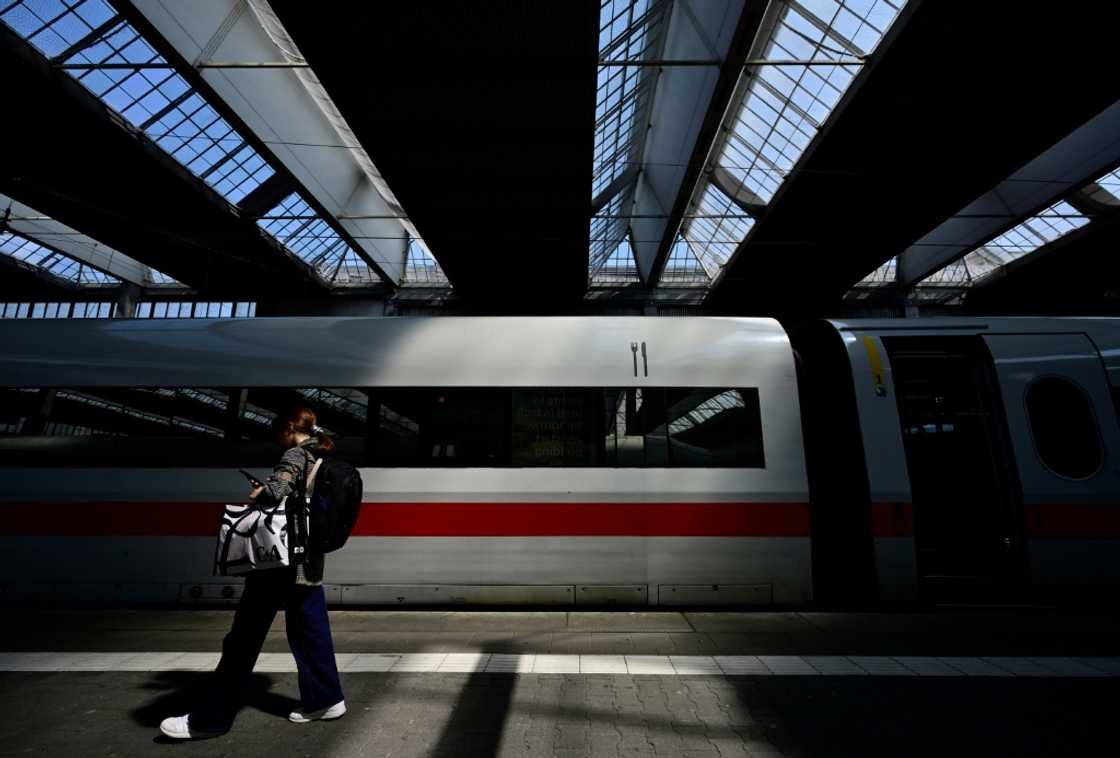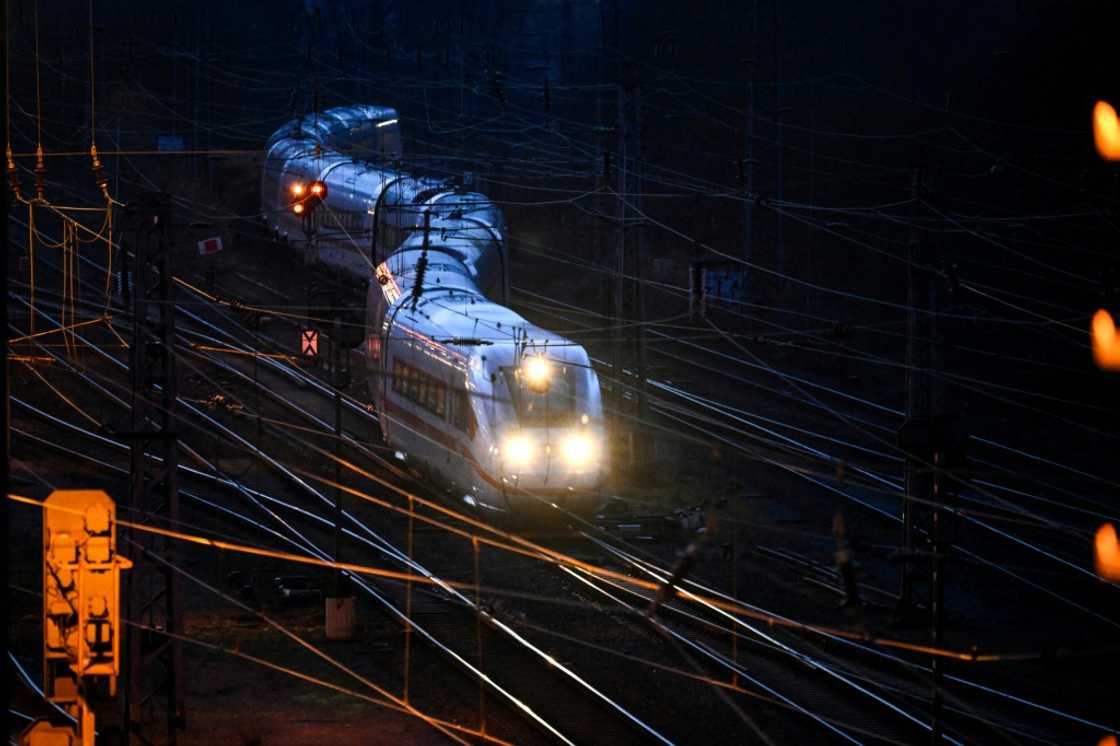Why Indian Club rejected chance to sign Mario Balotelli
- Kerala Blasters reportedly passed up the opportunity to sign former Manchester City striker Mario Balotelli.
- The 34-year-old Italian, currently a free agent after leaving Turkish club Adana Demirspor, had been linked with a potential move to India.
- Balotelli is seeking a new club, but his prospects are limited after making only 16 appearances last season due to a knee injury
Ghana’s top stories, now easier to find. Discover our new search feature!
Former Manchester City striker Mario Balotelli has faced embarrassment after an Indian Super League club reportedly turned down the chance to sign him.
Balotelli, who joined Turkish Super Lig side Adana Demirspor last summer, left after just one season and is now a free agent.

Source: Twitter
Though strongly linked with Kerala Blasters, The Times of India reports that the club ultimately declined the opportunity to bring in the Italian forward.
The report also suggests two main reasons behind the Indian club's decision not to sign the 34-year-old. First, his high profile in world football made the ISL side feel he was an unrealistic target.
Additionally, Blasters considered his history of on- and off-field controversies, which further discouraged them from pursuing the deal.
A few months ago, Balotelli made headlines at Adana Demirspor by casually tossing a firecracker at his teammates in the dressing room.
His penchant for chaos dates back to his Manchester City days, when his house caught fire in 2011 after a reckless fireworks mishap, just before a crucial match against Manchester United.
Balotelli, who has also played for Inter, AC Milan, Liverpool, and Nice, has long been known for his on-pitch controversies and frequent clashes with managers due to discipline issues.
While the former Italy international is now searching for a new club, his chances may be slim, as he managed only 16 appearances last season, missing much of it due to a knee injury.
The German government sacked the embattled head of Deutsche Bahn on Thursday as it seeks to overhaul the ailing public rail network after years of criticism about deteriorating services.
Once widely admired for its punctuality and efficiency, Germany's rail service has worsened dramatically in recent years owing to what critics say is chronic underinvestment.
Passengers now often complain of long delays and cancelled trains in Europe's biggest economy -- last year, almost 40 percent of long-distance services were late.
Richard Lutz, who took the helm of the publicly owned institution in 2017, will leave his chief executive post two years before the end of his contract, the government confirmed.

Source: AFP
"The situation at Deutsche Bahn is dramatic, if you look at customer satisfaction, punctuality figures or profitability," Transport Minister Patrick Schnieder told a press conference to announce Lutz's departure.
"The company must become faster, leaner, more effective and also more economical."
The 61-year-old will stay on until a successor is found, with the government saying the hiring process would start immediately.
Funding pleas
Karl-Peter Naumann from rail passenger association Pro-Bahn warned that changing the boss would not solve Deutsche Bahn's problems.

Source: AFP
The situation would only change if policies improved and funding was increased, he told AFP.
"All previous transport ministers have more or less failed and have contributed greatly to the railways being in the situation they are in today," he said.
Lutz's days had seemed numbered since a new coalition under Chancellor Friedrich Merz took power in May.
Schnieder had publicly complained earlier this month about the railways' poor punctuality and suggested he was looking at personnel changes.
Workers on the railways -- Deutsche Bahn has some 220,000 employees -- had also spoken out against Lutz, with the GDL train drivers union calling in July for him to be sacked.
The transport minister also said he would present a major plan to fix the network in late September.

Source: AFP
The government's is seeking to fix crumbling infrastructure more broadly, establishing a 500-billion-euro fund.
Deutsche Bahn has already embarked on a push to renew parts of the network but it is likely to take years to complete.
It has seen falling profits in recent years and is also saddled with more than 20 billion euros in debt.
Source: AFP




